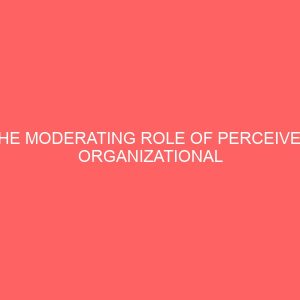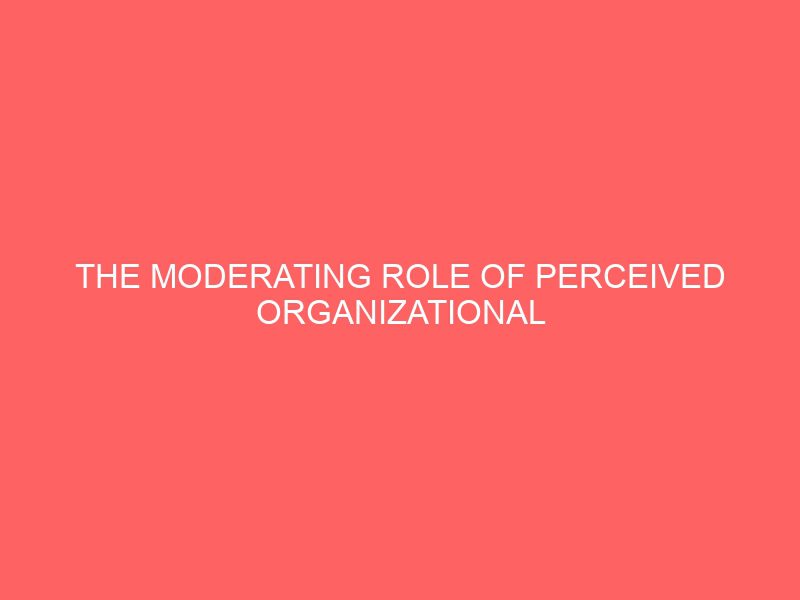Description
CHAPTER ONE Introduction The global shift in spotlight from the production of goods to service provision has led to the expansion of the service sector in most global economies (Campbell & Rothmann, 2005). This however might not have come without any price. The concomitant of such shift may be seen from the perspective of the manifestation of burnout which is common among human service providers. Although a number of studies have revealed that burnout is not limited to the human service professions (e.g., Bakker, Demerouti, & Schaufeli, 2002), the syndrome is nonetheless generally common among human services providers (Schaufeli & Enzmann, 1998). Human service professions are typified by close face-to-face interactions with people, both employees as well as clients on a daily basis. Accordingly, burnout is a psychological and physical outcome of prolonged or chronic and high levels of job stress (Demerouti, Bakker, & Leiter, 2014; Khamisa, Peltzer, & Oldenburg, 2013; Maslach, Schaufeli, & Leiter, 2001; Matin, Kalali, & Anvari, 2012; Ozyurt, Hayran, & Sur, 2006). It is a typical occurrence among employees who are incapable of dealing with far-reaching work pressures which demands on their energy, time, and resources especially among employees whose work entails dealing with people (Adebayo & Ezeanya, 2011). The research on this syndrome is predicated in caring and service jobs, since these kinds of jobs are rooted on the relationship between provider and recipient (Maslach et al., 2001), for example, students, pupils, clients, or patients. Burnout is a common psychological manifestation of job-related health problems (Schaufeli, Leiter, & Maslach, 2009) that is mostly prevalent among individuals who are in emotionally demanding conditions (van der Ploeg & Kleber, 2003). That is, burnout occurs when an individual feels emotionally drained and as such manifests detached attitude at work. Traditionally, burnout is defined as a syndrome that is characterized by emotional exhaustion, depersonalization, and a reduced sense of personal accomplishment which commonly occurs among individuals whose job







